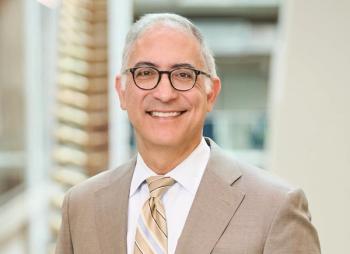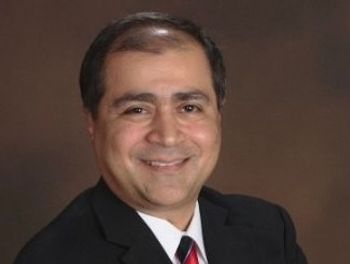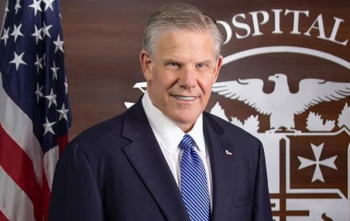
Most Americans don’t seek pricing data for healthcare services, but that could change
Only about one-third of consumers shop around, an AKASA survey found. However, younger Americans are more apt to do their homework on healthcare prices.
Most consumers aren’t doing much comparison shopping when it comes to healthcare.
Roughly two out of three Americans (64%) have never checked out prices for healthcare services, according to a survey released last week by AKASA, a developer of artificial intelligence for health systems. YouGov conducted the survey on behalf of AKASA.
While most Americans aren’t scouting out pricing for healthcare services, the survey suggests that could change in the future. Nearly 6 out of 10 respondents (58%) said they would shop around if pricing information was provided before they obtained healthcare services or underwent procedures.
“There’s clearly a gap between what many healthcare organizations - providers and insurance companies - think helps increase price transparency and the experience of patients in finding price information conveniently and in a manner that is easy to understand,” Amy Raymond, vice president of revenue cycle operations at AKASA, said in a statement.
“This is a deterrent for patients in seeking out the best price like they would in any other industry, which can be incredibly frustrating,” Raymond said.
Younger Americans, however, are more willing to do some homework on prices for healthcare.
The survey found younger adults (those between the ages of 18 and 34) were more likely to look for information on pricing. Nearly half (45%) of younger adults researched pricing on healthcare services, while only 27% of adults 55 and over checked out pricing information.
In addition, 41% of consumers with high deductible health plans and 43% of those with individual plans shopped around for healthcare pricing information.
Hospital and health system leaders said they understand more people are expecting a better consumer experience from healthcare, especially as non-traditional competitors, such as
Cliff Megerian, chief executive officer of the
“It means measuring the quality of care from the phone call all the way to the bill,” he said.
Health and hospital systems have some work to do on providing consumer-friendly experiences, Anu Singh, managing director of Kaufman Hall’s mergers and acquisitions practice, told Chief Healthcare Executive in an August interview.
“Health systems in their communities still retain a brand and reputation presence for, when things go wrong, that’s where you go,” Singh said.
But he added, “Where more work could be done, is, when you come see us for the 4th time in a year, we’re not going to hand you a clipboard and a pen."
Healthcare organizations can build a better consumer experience by improving billing procedures and moving toward automation and patient payment portals, Raymond said. They also can help patients calculate out-of-pocket costs.
“Patients want the same modern experiences they get from other industries,” she said in a statement.
YouGov survey, commissioned by AKASA, fielded responses from 2,026 Americans between March 9–14, 2022. The survey has a margin of error of 3.65%.








































